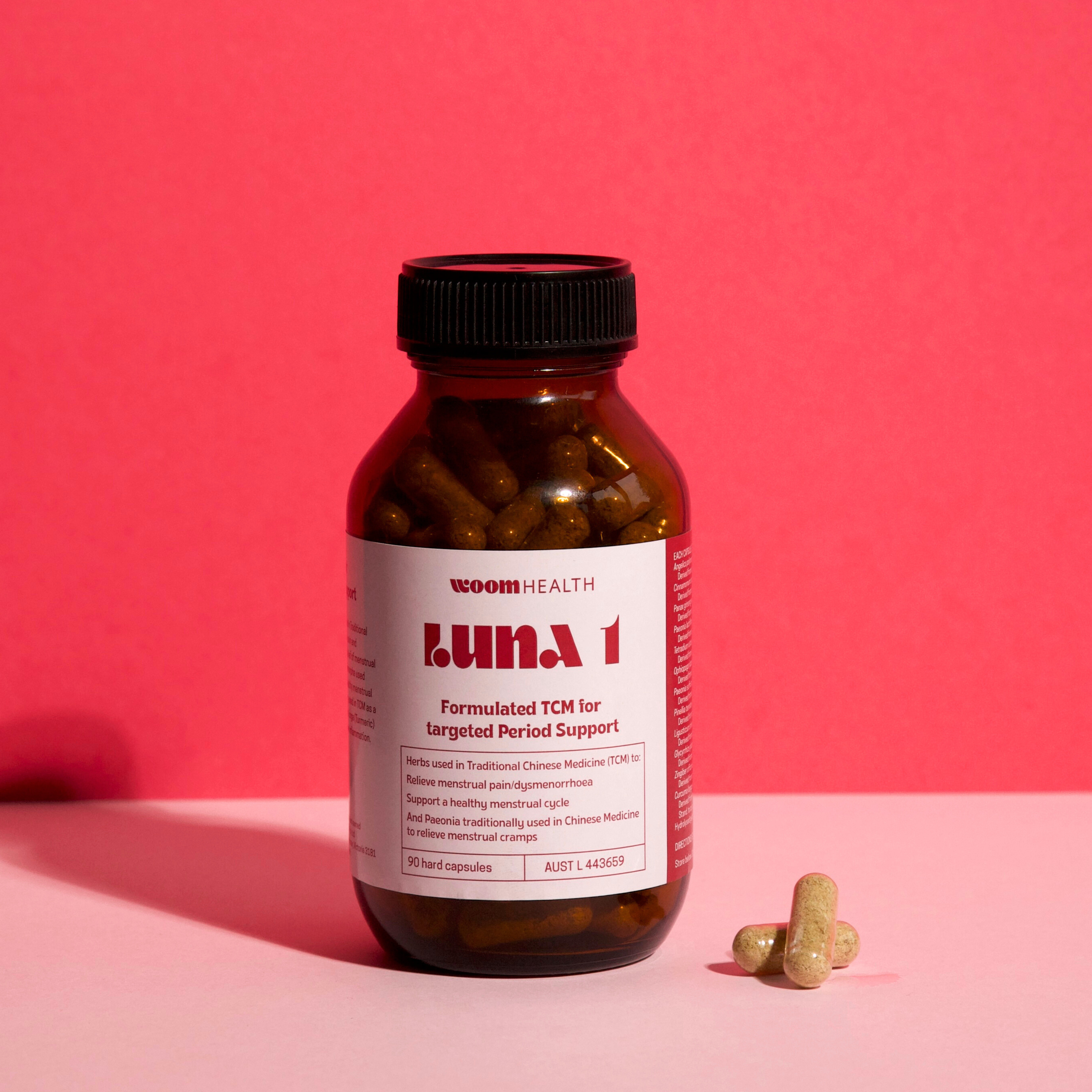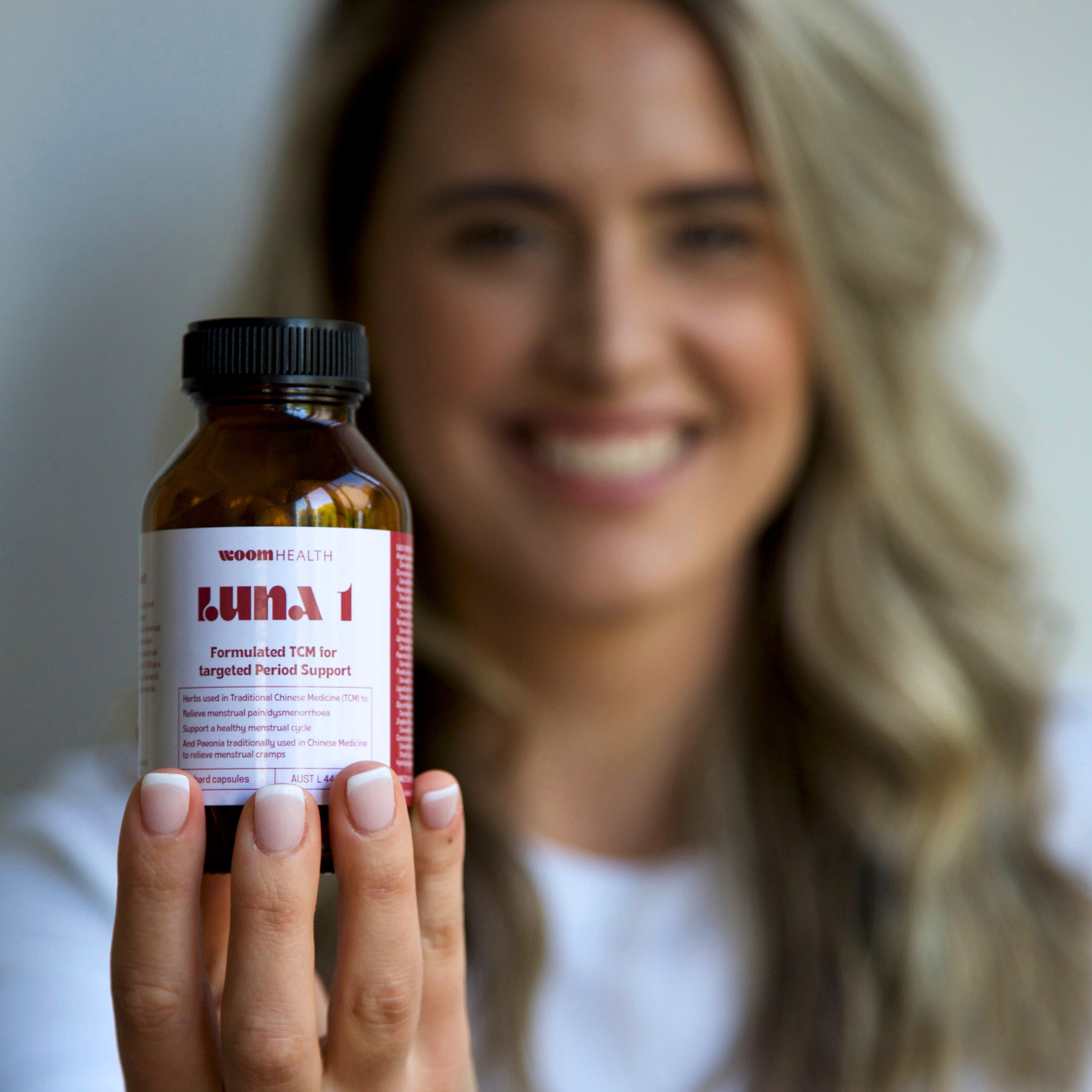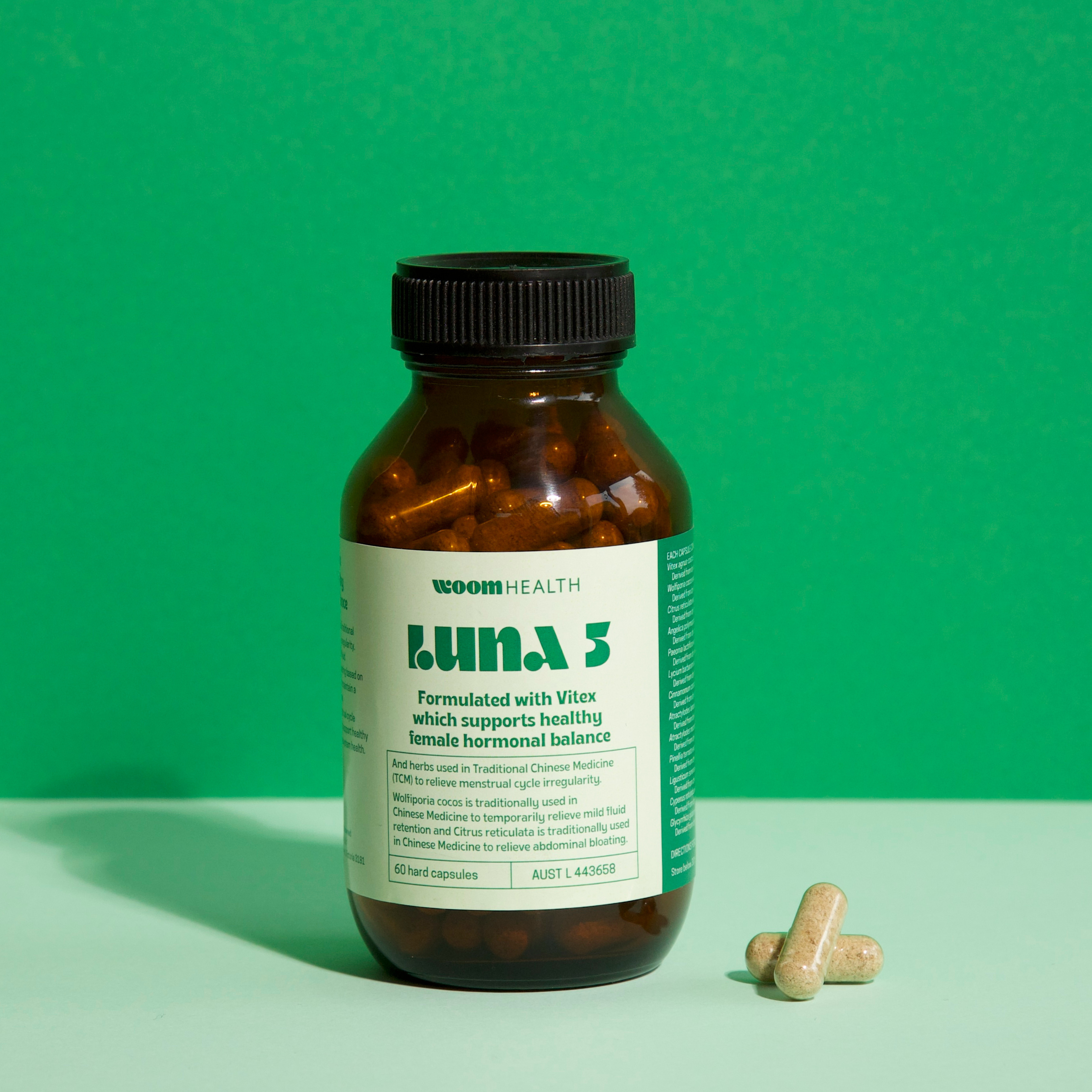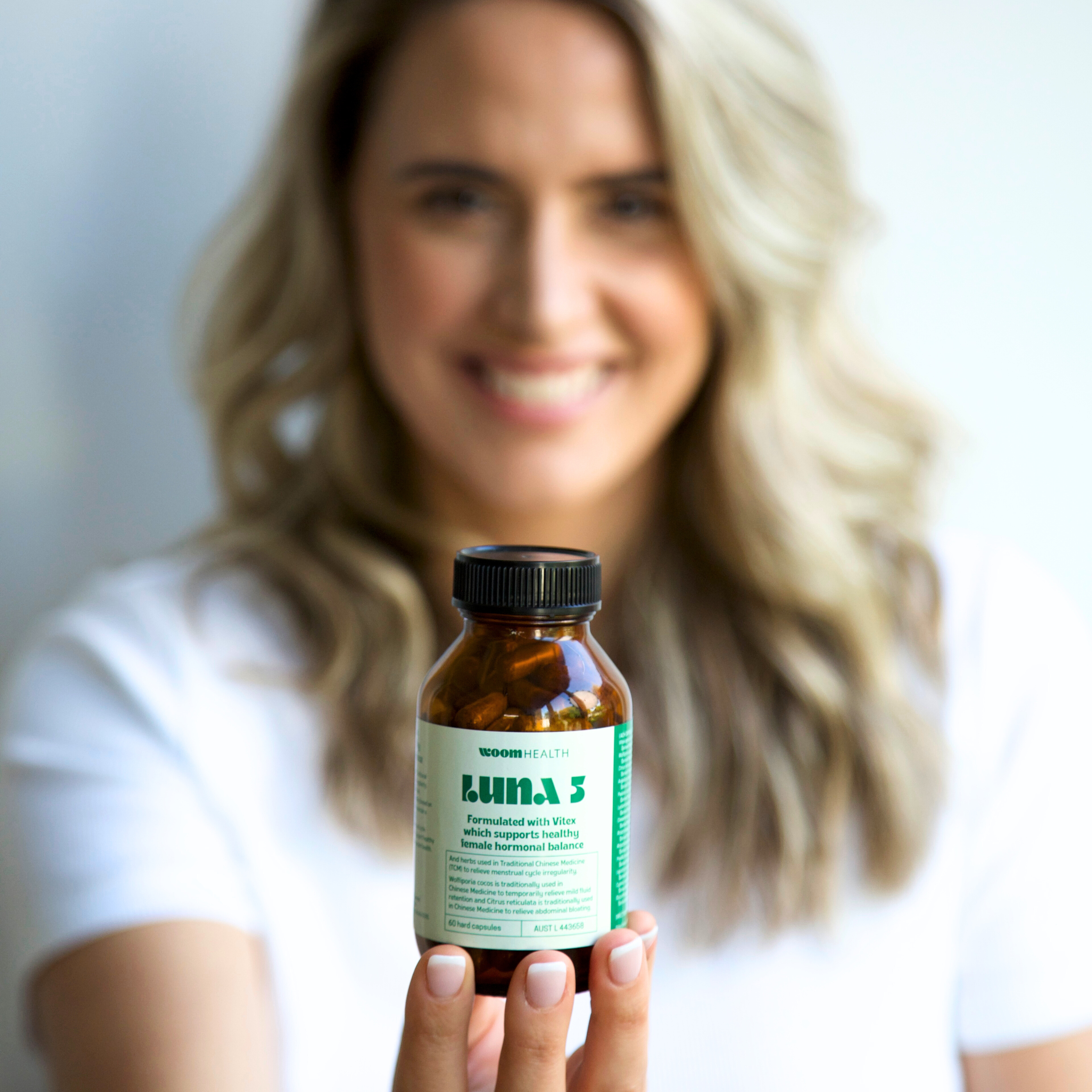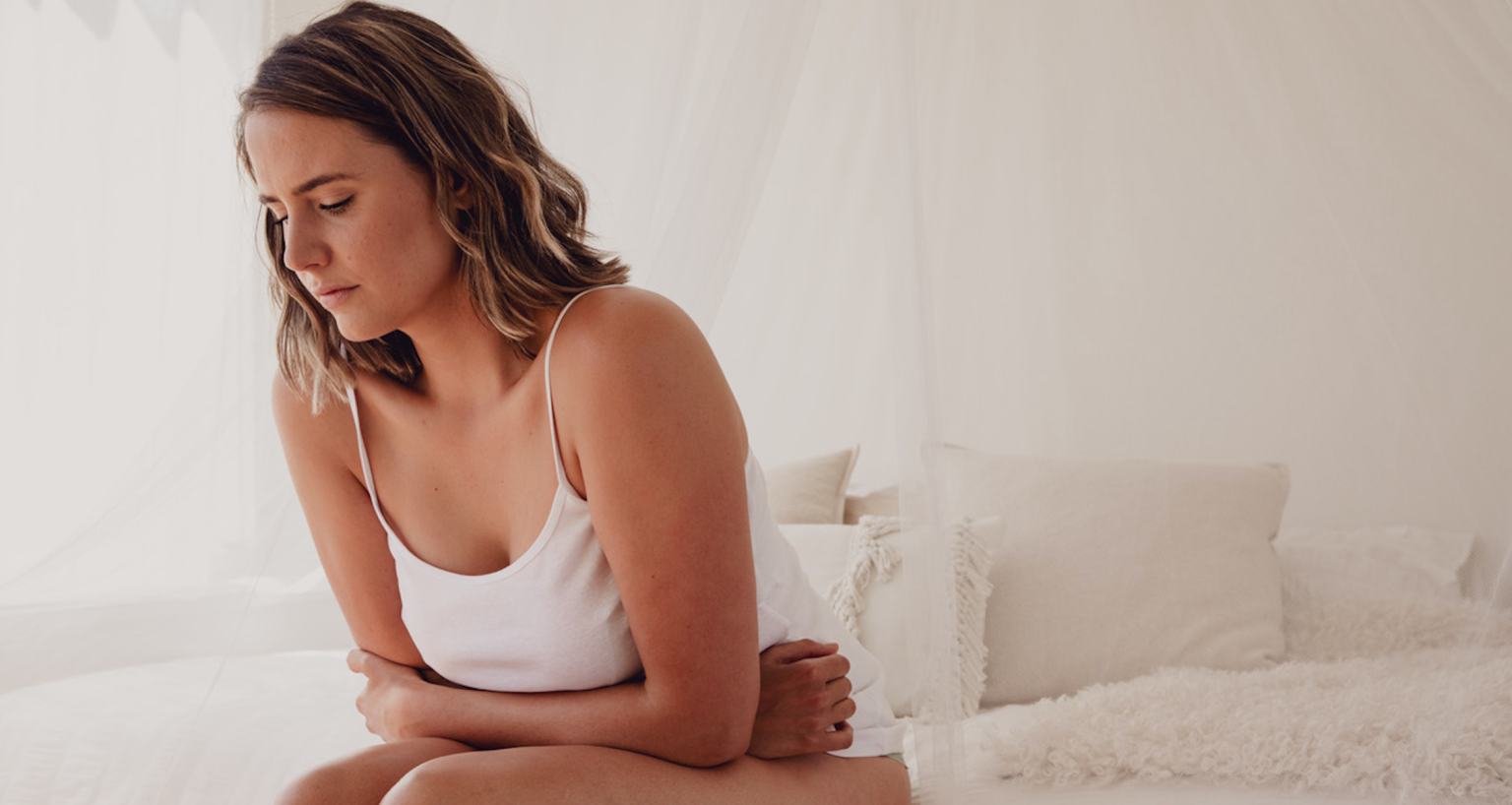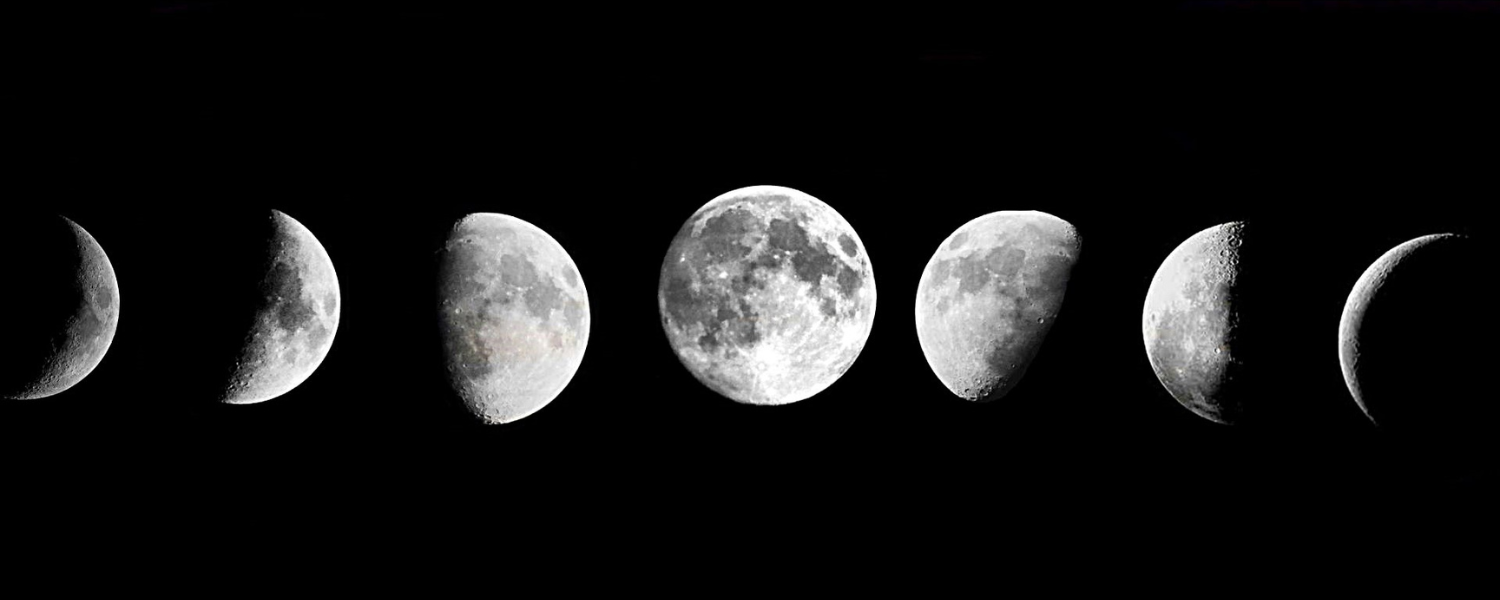PMS & Understanding your Hormones

Teresa Truda sat down with Dr Amanda to discuss all things PMS and understanding our hormones, to get a better idea of why we feel the way we do at certain times of the month.
What is PMS?
Pre-Menstrual Syndrome, or Please Make it Stop as some people call it is a group of symptoms that we experience in the second half of our cycle after ovulation, which is known as our Luteal phase. The type of symptoms we often face are mood changes, anxiety, depression, breast tenderness, low energy, fatigue and also painful periods when our period does arrive and cramping.
Essentially it’s a hormonal imbalance. We produce progesterone in the second half of our cycle in our Luteal phase, it’s often described as estrogen dominance or a low progesterone which isn’t always the case. Depending on what type of symptoms we have and conditions, such as endo or adenomyosis our PMS symptoms can be exacerbated more.
Is PMS normal?
To put it simply no, it’s not. When we are connected into our body and we’re connected into our cycle, we can start to notice those subtle changes within us, those physical changes, those mood changes. It’s our body’s way of telling us to take some time to understand what’s actually going on and what’s impacting our health and wellbeing.
We can navigate our lives better and be able to regulate our lives around our cycle, know when to pull back and what foods to eat to help to support our hormones. So we, as menstruators and women can be incredibly thriving beings. Interestingly, the liver circulates around our reproductive organs, and it finishes at our tissue- breast tissue. And so if our liver is not functioning optimally and it’s not able to metabolise our hormones and our estrogen effectively, and also, the emotion that affects the liver is stress. So we can see that then that exacerbates our liver function that exacerbates our mood. So we become more stressed. And when we’re stressed, we don’t really want to opt for eating the best type of foods either, do we? And then we don’t really want to exercise either. So it kind of has a real domino effect impacting us on every level, physically, mentally and emotionally.
Woom Health mission is to educate every menstruator and woman globally about the importance of their 5th Vital Sign. It’s time we start to get to know our bodies and to really understand what each month has to offer in terms of our biological health, our menstrual health, reproductive health and also our overall health.
What causes or can influence PMS?
It’s really important to review our entire kind of being throughout our cycle. So not just when we’ve got our period, but prior to our period and then post our period as well. Like, what is our lifestyle? What stresses are going on, what’s happening to our bodies, what foods are we eating? The exercise that we’re doing? These causes can all impact PMS. And so I think it’s really important to be kind of tracking, obviously holistically our lifestyle in order to try and improve and optimise our PMS symptoms.
Is there one PMS symptom that kind of stands out or do they work all in unison?
It’s what we do today affects us tomorrow. Essentially, everything that we’re doing is impacting our hormones and our physiology. So if you’re having only a minimum of 4 hours sleep every night, the impact that has over your cycle is that it can affect the way that you ovulate. You may ovulate later because of the stress of the hormone cortisol, and then that will impact your bleed, how you are, your energy levels. We already know how much we’re affected from when we have lack of sleep.
Why is there such a stigma around PMS?
Well, it’s such a great question, is that we have to really look back at the history of women’s health and how women’s health has really been treated in terms of the lack of research. Most research is actually done on males. And so then they base that on females. And so we’re not really sort of getting a true picture. Plus, they’re not really understanding the impact of what the hormones are doing to us. It’s just that when we have been experiencing excruciating pain related to our menstrual cycle, related to our gynaecological conditions- there’s been such a misunderstanding of that.
Let’s just throw it out there; She’s hysterical. She’s crazy. And we’re actually not. And what we feel and experience is very much real. And I think we really need to acknowledge that. And that’s where the conversation is. Most of the time when we are experiencing those types of periods and those hormonal fluctuations is that it’s very much out of our control. And I know that there’s been times where I think and we’ve all experienced it’s almost like a rage, or a really low drop in hormones that you go to. It’s like a baseline because the hormones build our mood. So it helps with serotonin levels. And if we’ve got a dysregulation with our hormones, that serotonin then affects the way that we metabolise estrogen through our liver. So we get these pendulum swings which is where we sort of get the PMDD, which is the Pre-menstrual Dysphoric Disorder. We’re going through extreme hormonal fluctuations and then understanding how we can actually manage those symptoms, which then comes back to so much of that lifestyle factor and really looking after our bodies with what we put into it.
Please break down what happens to our hormones in PMS.
In our Luteal phase, we need to have adequate amounts of progesterone to support our hormones. When we have adequate amounts, it will help to support our mood and help to create a receptive endometrial lining. If we are deficient in progesterone, then we can say there is an estrogen dominance or dysregulation where you can experience breast tenderness. We can also experience anxiety which can be caused from cortisol- an exacerbation of the stress hormone. If we are in high stress throughout our entire cycle, we start to draw on the hormone, the adrenals. One of the emotions around the adrenal glands is fear; which is from a TCM perspective.
When we have fear anxiety, we are in a heightened state which affects our sleep regulation. If all of these are not working properly, it is a washing machine cycle which affects our hormones. It literally is a domino effect.
For example, if you are exercising for a couple of days and then stop; you then don’t sleep well which means you’re moody which gives you anxiety and the effects continue to roll on. Then when you experience PMS into your actual bleed, it can be really difficult to manage.
What is PMS compared to PMDD?
So PMS is Pre-menstrual syndrome, and that is basically described as a hormonal imbalance, too. And it’s a group of symptoms that we experience in the second half of our cycle after we ovulate in our luteal phase. PMDD is a greater form of a hormonal imbalance. So it’s where we have really high highs and low lows, where we can be suicidal, where we can be very depressed, not wanting to get out of bed. It really debilitates our ability to be able to function as a human being after we come into our ovulation phase.
Want to find out more?
This post has been extracted from our conversations in our Womb Talks IGTV series. To listen or watch our episodes, visit YouTube or listen to our Podcast.
Click on the video below to watch the full episode.
ANP are creating a revolutionary movement, and it all starts with each and every menstruator (that’s you) understanding the fundamentals of their 5th vital sign (their menstrual cycle).
Get social & follow us for the latest on your gynae health.
